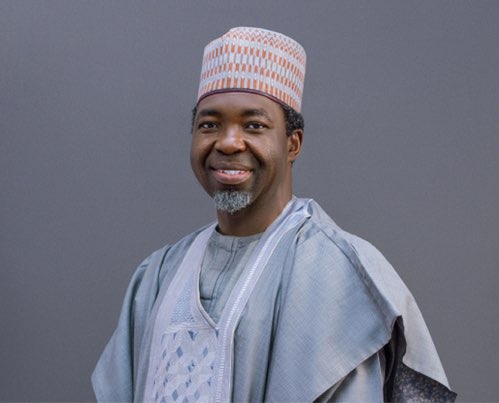Renowned academic and Executive Director of Research Enterprise Systems, Professor Fatai Aremu has called for the ethical and inclusive integration of Artificial Intelligence (AI) in Nigeria’s health care sector to improve efficiency, accuracy and accessibility of medical services.
Speaking at the Science Policy Engagement for Africa (SPEAR) organized by the Science for Africa Foundation, Nairobi, Kenya in collaboration with other development partners and research institutions in Africa including Research Enterprise Systems (RES), he posited that AI-powered technologies are significantly transforming healthcare systems worldwide, revolutionizing medical diagnostics, enhancing disease classification, treatment planning and reducing healthcare costs.
Exploring the theme of the event “Unveiling the Transformative Role of Artificial Intelligence in Advancing Global Health in Africa”, he maintained that Nigeria is witnessing a growing interest and investment in AI-driven solutions across sectors, including healthcare despite the challenges shortage of medical personnel, inadequate infrastructure, and slow diagnosis processes, which AI can help address.
He acknowledged that the institutions such as the National Centre for Artificial Intelligence and Robotics (NCAIR) and National Information Technology Development Agency (NITDA) among others reflect the government’s commitment to fostering AI innovation and development in the country.
At the event, Professor Aremu also highlighted the need for government policies and investments to support AI adoption in hospitals, clinics and medical research institutions while urging stakeholders, including policymakers, health professionals, and tech innovators to collaborate on developing indigenous AI-powered solutions tailored to Nigeria’s health challenges. Nigeria’s. large population, digitalisation trends, and increasing focus on AI for economic growth present significant opportunities for AI applications in healthcare.
At the regional level, he stressed that AU Agenda 2063 identifies Science, Technology and Innovation (STI), including AI, as a crucial tool for achieving continental development goals.
Furthermore, he stressed the importance of training medical personnel in AI applications, ensuring ethical standards in AI-driven health care and addressing concerns related to data privacy and cybersecurity.
The call for AI integration in health care aligns with global trends, where countries are leveraging technology to improve health care outcomes, reduce costs, and enhance patient experiences. If effectively implemented, AI could play a transformative role in strengthening Nigeria’s health care system and making quality medical services more accessible to the population.


